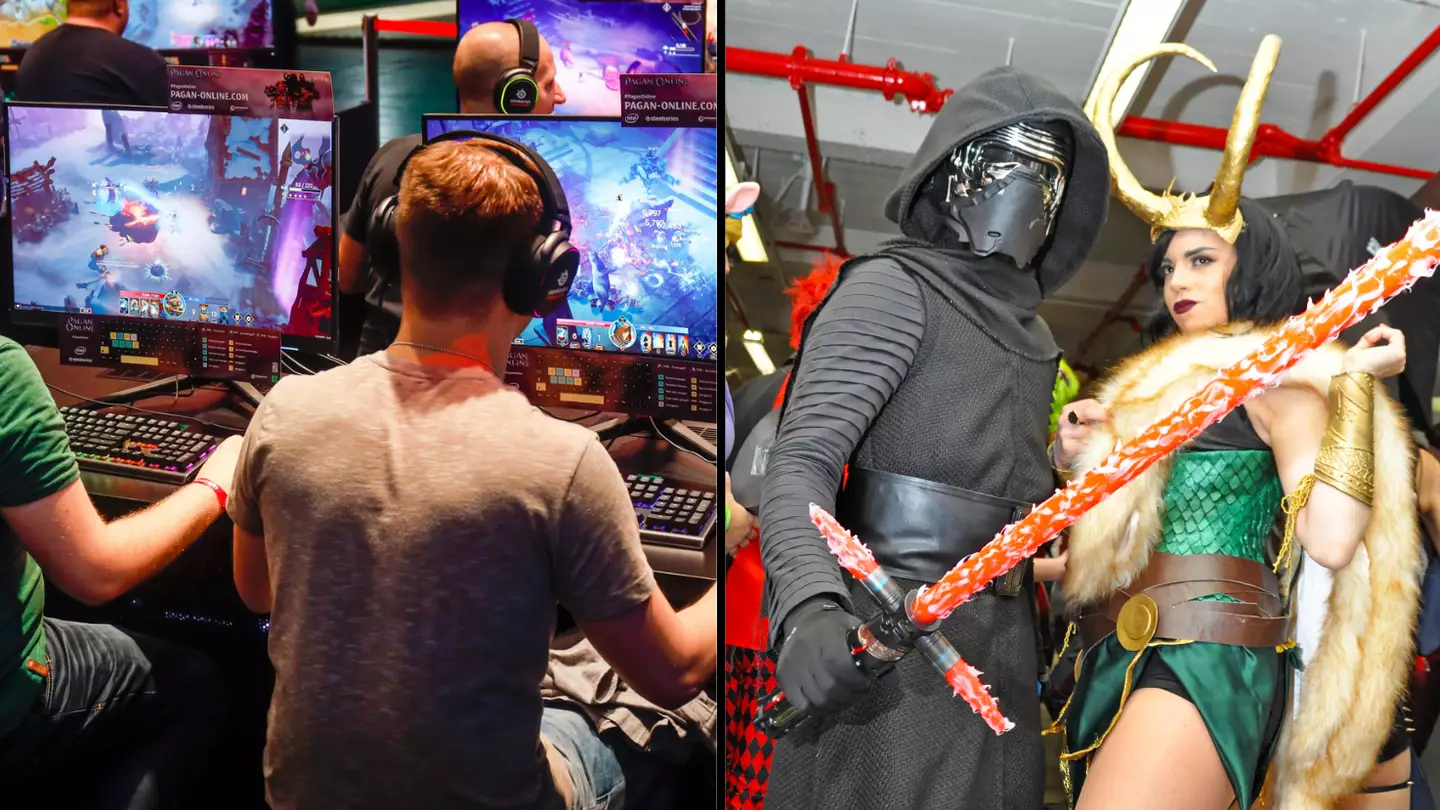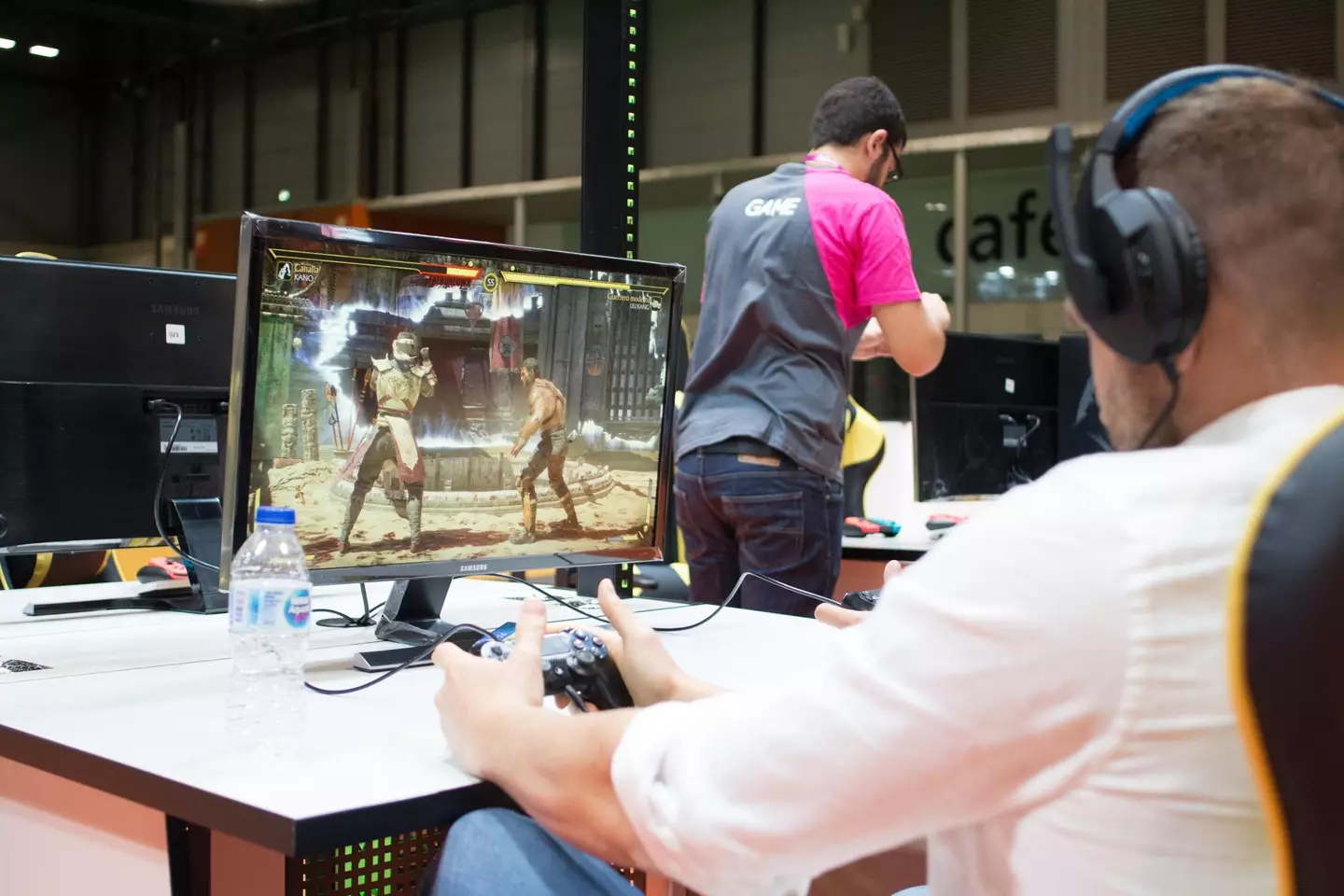
Researchers say that sexualised video games are not causing any harm to male and female players.
New research published in Computers in Human Behaviour shows that sexualisation in video games does not lead to misogynistic views or body image issues.
While female characters in video games are known to show a little more skin compared to their male counterparts, psychologists say this mainly elicits ‘moral panic’ more than anything else.
While conducting the study, scientists at Stetson University in Florida took findings of 18 other relevant research papers that looked at aggression toward women, sexist attitudes, anxiety and body image issues while analysing gamers who played hypersexualised video games.
Advert

But researchers could not find a link between video games and these issues.
Professor of psychology at Stetson University and author of the study Christopher Ferguson explained to PsyPost: “Overall, the ‘moral panic’ over video games and sexualisation is pretty much following the ‘paint-by-numbers’ pattern of the video game debate.
“Lots of hyperbole and moral outrage, but very little evidence that video games are causing any ‘harm’ to either male or female players.”
Despite researchers not finding a connection, professor Ferguson said it doesn’t mean that female representation in video games shouldn’t be reviewed.
Advert
He told the outlet: “That doesn’t mean people can’t advocate for better representations of females in games. They just need to be cautious not to make claims of ‘harm’ that can be easily debunked, thereby calling into question what might otherwise be reasonable advocacy goals.”
Professor Ferguson added that society typically ‘blames’ the media for social issues; however, this study proves that video games are merely a ‘scapegoat’ and are rarely the cause.

Similarly, a study published in 2020 also revealed that violent video games don’t urge people to become more aggressive.
Researchers at Massey University in New Zealand put this age-old debate to rest.
Advert
But still, every time this topic is brought up, I have The Simpsons’ Helen Lovejoy’s voice in my head saying, ‘think of the children’.
Kiwi researchers cultivated data based on 28 other relevant studies that included 21,000 young gamers to see if playing violent video games made them more combative.
But upon the findings, senior lecturer of psychology at Massey University and lead researcher, Aaron Drummond, said: “Overall, longitudinal studies do not appear to support substantive long-term links between aggressive game content and youth aggression.
"Correlations between aggressive game content and youth aggression appear better explained by methodological weaknesses and researcher expectancy effects than true effects in the real world."